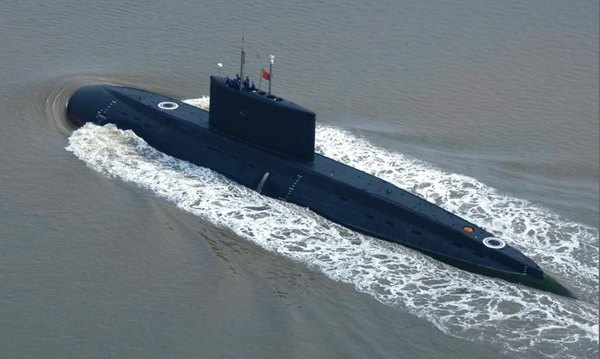Lyle Goldstein, the director of Asia Engagement at US think tank Defense Priorities, said while the U.S.-China military rivalry and Beijing’s major nuclear weapons build-up began at least a decade ago, “the Ukraine war and the rather acute tensions surrounding the Taiwan issue at present likely do impact these calculations”.
However, there were “some encouraging signs”, he said, in that many Chinese experts saw the “serious consideration of Russian use of nuclear weapons in this war [as] appalling, risky, and strategically dubious”.
China continues to maintain a “no first use” nuclear weapons policy but according to Goldstein, its approach to strategic deterrence—historically different to the West’s—is gradually shifting.
He identified the change in Beijing’s attitude from a “minimal but efficient second-strike deterrent” to accepting that large, diverse arsenals were “normal” and that the possibility of limited nuclear war could not be ruled out.
To prevent U.S.-China nuclear rivalry or even a nuclear conflict, “the simple answer is that we must all act urgently to reach a near-term compromise solution on the difficult Taiwan issue”.
According to Goldstein, the self-ruled island is the “only issue that could spark a nuclear war between the two superpowers”.
“The only way to avoid that outcome [of nuclear conflict], and the closely related problem of an incredibly expensive and wasteful rivalry … is to embark on a set of specific compromises involving Washington, Taipei and Beijing. This is difficult, but quite achievable.”
Read article in South China Morning Post
Featuring

Lyle
Goldstein
Director, Asia Program
More on Asia

By Peter Harris
January 22, 2025

Featuring Lyle Goldstein
January 12, 2025

Featuring Dan Caldwell
January 12, 2025






